Maria Bilorosiuk

Talha Nazir
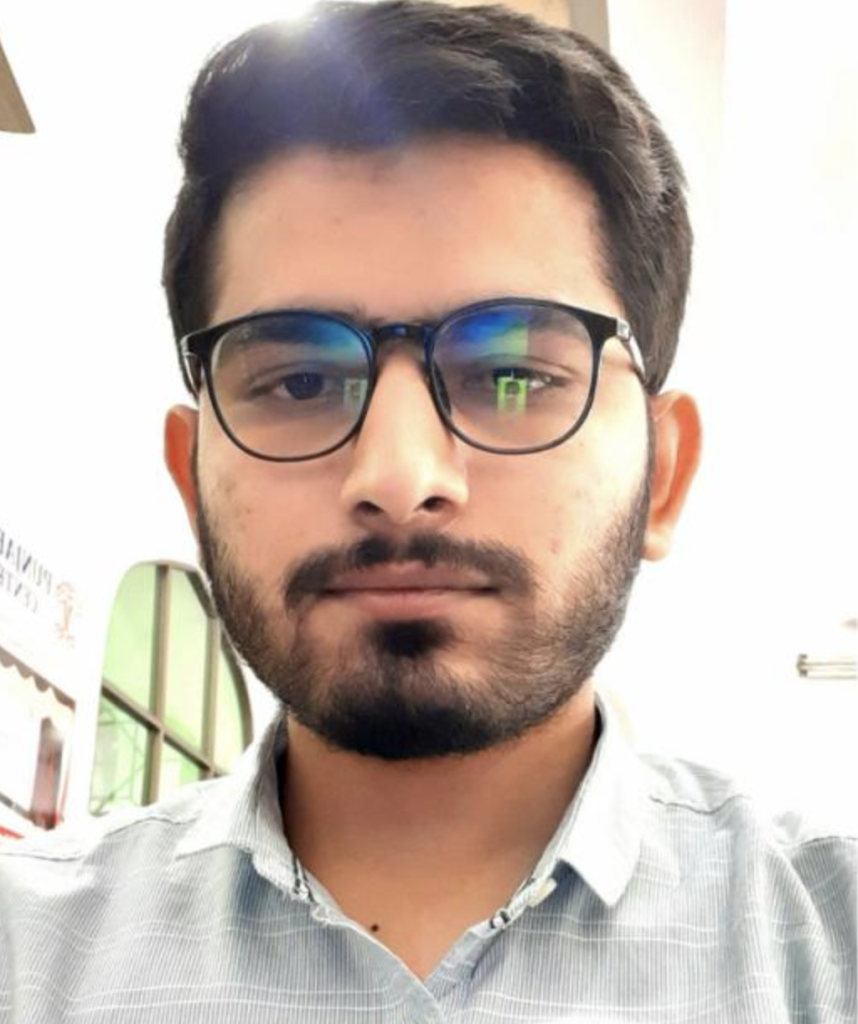
Sara Lhassani
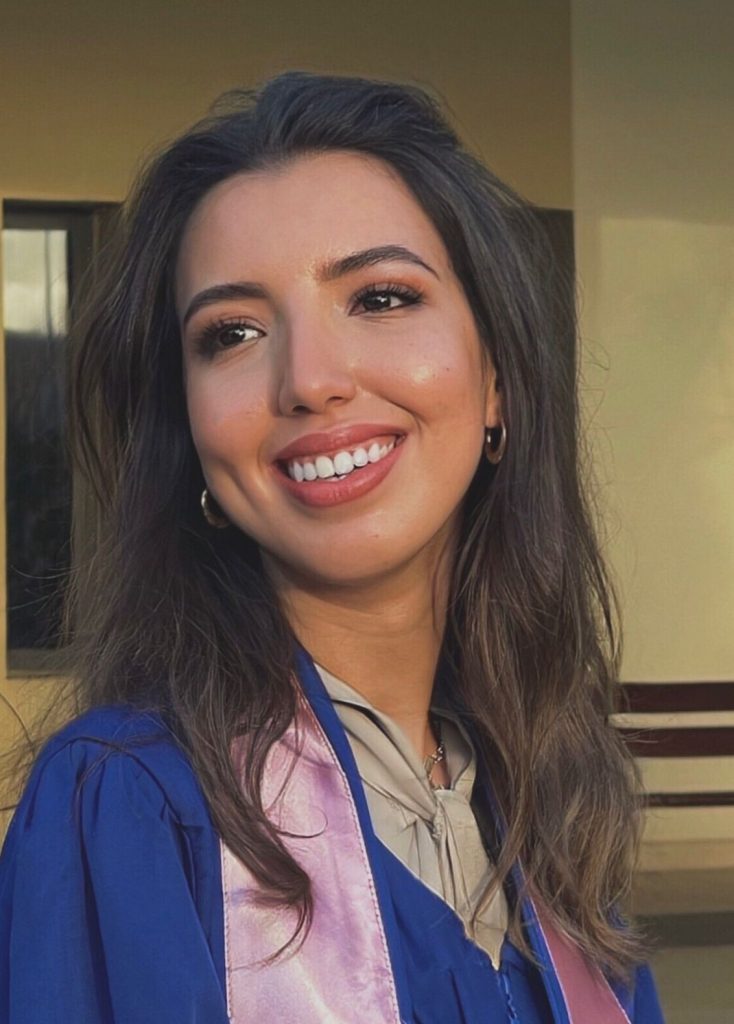
I am currently in my 3rd year of neurology residency. I’ve always loved neuroscience.As someone who is naturally curious about brain, neuroscience provides an endless source of intrigue and challenge.I joined SBMT in 2023 as a research fellow. This organization helps me to develop my skills in writing articles and shows me the importance of teamwork.I look forward to exploring new ideas, collaborating with other researchers, and contributing to the ongoing quest to unravel the mysteries of the brain. Resident in neurology in Morocco, I have immersed myself in the complexities of the human brain and its intricate disorders.This pivotal stage in my medical training has further fueled my passion for understanding the fascinating world of neurology. With each patient encounter, I am continually motivated to unravel the mysteries of the brain and provide compassionate care to those in need. n addition to my medical pursuits, I am also deeply passionate about photography. It allows me to find solace and express my creativity beyond the realms of medicine, offering a unique way to share the wonders of the natural world with others.
Mojtaba Barzegar
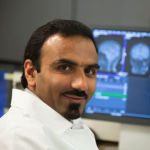
CEO and Director of the Iranian Chapter of SBMT with subsidiary committees in the field of brain mapping. SBMT was found to help formulate President Obama’s Brain initiatives and President Biden’s opioid, cancer moonshot, and suicide prevention initiatives. Our aim is to expand those initiatives to the Middle East and Iran. CEO & co-founder of iqbmi as a Medical Physicist with more than two years of experience as the Head of MRI department at the National Brain Mapping lab. ( the most facilitated laboratory in Iran) , Iranian Brain mapping BioBank Secretary and member of the imaging committee. Research Topic Coordinator and Review Editor of Frontiers in Radiology journal, Neuroradiology, Quantitative Neuroradiology Methods. Associate Medical Physicist for Oncology Department, MRgRt system position. Bachelor of radiology at TUMS in Tehran, in 2012, and my Master’s in Medica Physics from TUMS again. former MRI supervisor at NBML (which was established as a multi-disciplinary and multi-modal laboratory : EEG, TMS, tDCS, EMG, fNIRS, VR, Signal/image processing, and MRI, in the field of brain mapping, in addition to domestic services, the NBML pledges to provide international services collaborate with universities, research institutes, and scientific and industrial centers.) in Tehran since 2017. developed a career in Neuroimaging fields such as fMRI_tDCS, fMRI_EEG, fMRI_TMS, and fMRI_fNIRS as well as analysis with FSL, Freesurfer, and SPM. I focused in particular on tDCsfMRI (treatment of Trigeminal neuralgia, treatment of depressed patients) and Neurolinguistic, AI, and DTI fields.Also, other capabilities on the below fields : Management of the Imaging department_ Archiving the images and signals in the bio_bank storage Collaboration as a referee for related fields Radiotherapy Planning Professor assistant in related fields _ Working as an MRI professional technologist with over 10 years of experienceIn Oct. 2019, accepted as an Intern at La Fe Hospital in Valencia and QUIBIM family for developing Quantitative Structured Reporting as a new approach to diagnostic process, working on HTML and Sublime software as well as a nice experience on AI and deep learning applications. At the moment fellowship for AD, Psychiatric, and NeuroTechnology Subcommittees’ official member and the SBMT-Iran initiative Strategic Planning Coordinator in a research affinity group.
Mostafa RezayatiZoj
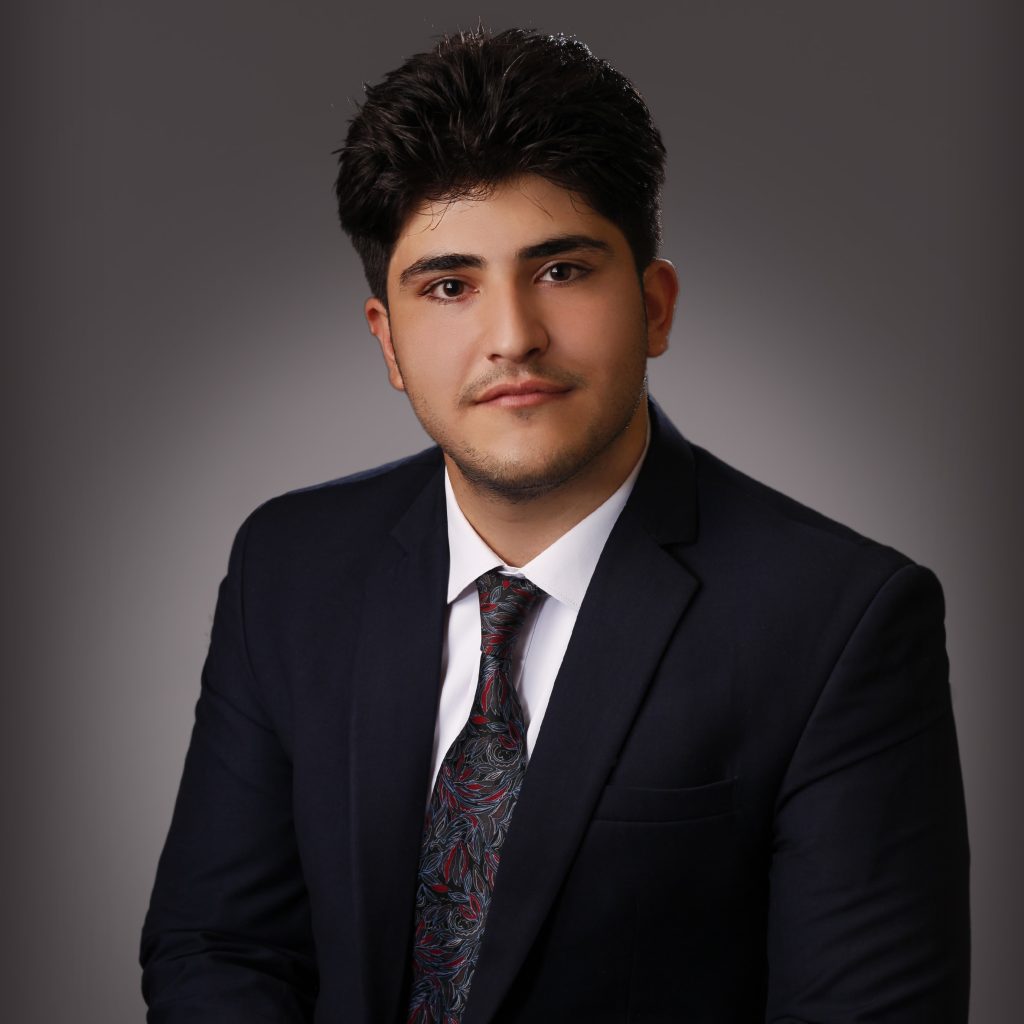
A master’s student in clinical psychology and neuroscience at Pavia University, Italy My background is psychology at Yazd University, Iran Former secretary of the scientific Association of Psychology at Yazd University Former inspector of the Union of scientific Association of Psychology, counseling and cognitive science of Iran in the ministry of science and research Former Secretary-general of scientific Associations of Yazd University Campus Former member of the Iranian psychological Association I participated in many specialized and training courses related to child And developmental psychology And mental pathology I want to dive deep in the research world and learn a lot about clinical neuropsychology and treatments My aim is to become a top researcher. I see myself doing innovative research to learn more about the brain and make treatments better for neurological issues. Also, I am very interested in working in the field of AI to diagnose and evaluate mental disorders.
Putri Caesa
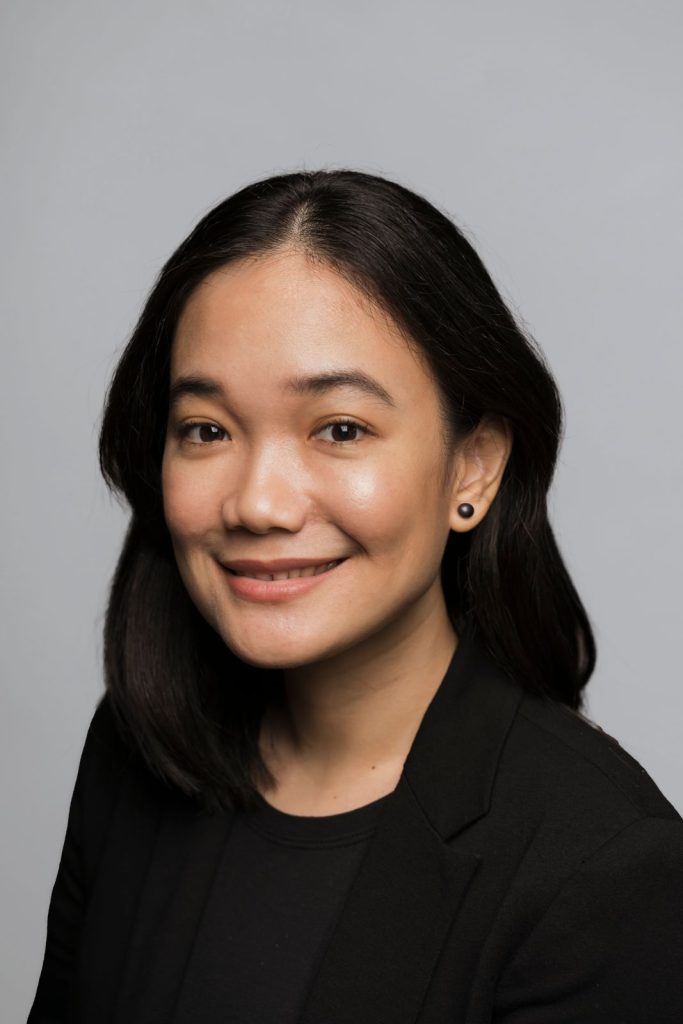
Passionate about child development and well-being, I am deeply immersed in the realms of autism and pediatric neuroscience. My fervent interest stems from a commitment to understanding and supporting children facing neurological challenges. Through research and advocacy, I strive to advance our knowledge of pediatric neurological conditions, fostering interdisciplinary collaboration to bridge research, clinical practice, and community support services. With a focus on early intervention and holistic approaches, I aim to empower children and families to thrive, driving meaningful change and improving outcomes in the field.
Vaibhav Oberoi
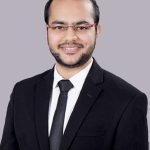
Andre Machado

Andre Machado, MD, PhD is the Chairman of the Neurological Institute and the Charles and Christine Carroll Family Endowed Chair in Functional Neurosurgery. Dr. Machado performs deep brain stimulation (DBS) surgery for patients with Parkinson’s disease, tremor, dystonia and obsessive-compulsive disorder as well as surgical procedures for patients with trigeminal neuralgia, intractable pain syndromes and spasticity. Dr. Machado is a Professor of Neurosurgery at the Cleveland Clinic Lerner College of Medicine and has Joint Appointments in the Departments of Neuroscience and Biomedical Engineering. He is the past Chairman for the Joint Pain Section of the CNS/AANS and Vice-President of the American Society of Stereotactic and Functional Neurosurgery. Dr. Machado is an Associate Chief of Staff at Cleveland Clinic and leads several enterprise-level projects with the Office of the Chief of Staff, including innovations in the model of care and a new program for professional career development. Dr. Machado received his medical degree from the University of Sao Paulo in 1997. He completed his residency in the same institution in 2003 and obtained his PhD in 2004. He came to Cleveland Clinic in 2004, completed his fellowship in Stereotactic and Functional Neurosurgery in 2006 and has been on the staff at Cleveland Clinic since then. Dr. Machado leads several deep brain stimulation and neuromodulation clinical trials as well as laboratory research. His research in deep brain stimulation for thalamic pain syndrome was awarded the National Institutes of Health Director’s New Innovator’s Award. His current research is aimed at developing novel treatments to promote rehabilitation after stroke and other acquired brain injuries and is funded by the NIH BRAIN initiative.
Dawn S. Eliashiv
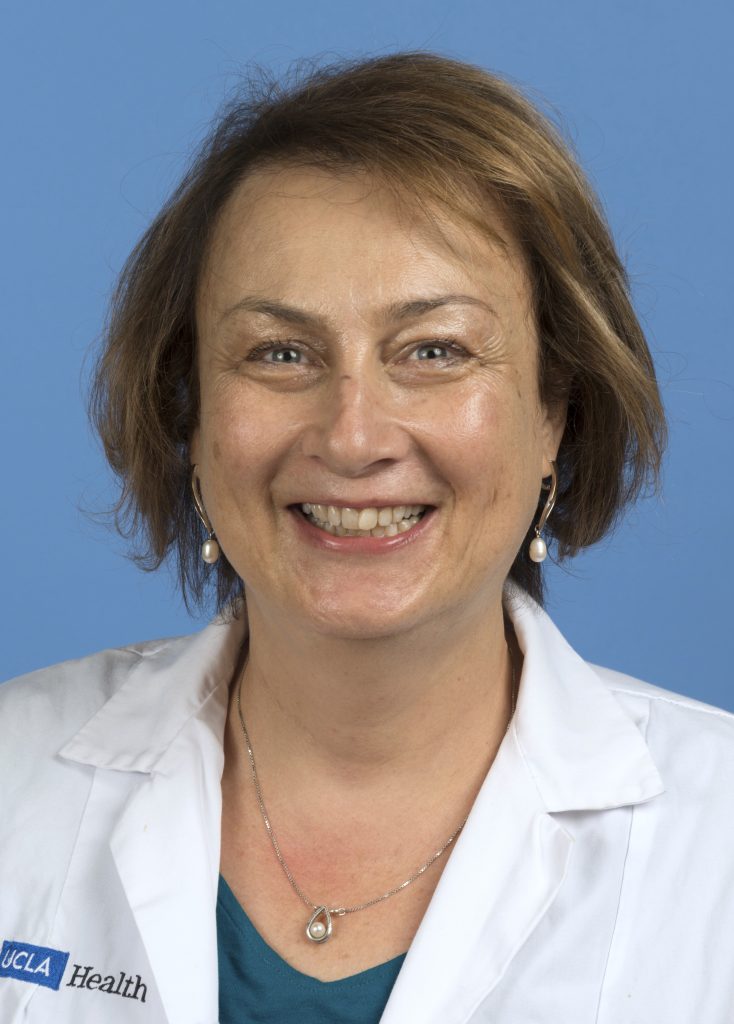
A Professor of Neurology and Co-Director of the UCLA Seizure Disorders Center, Dr. Eliashiv sees patients and conducts research. She was one of a few clinician-scientists studying the use of magnetoencephalography (MEG)—a neuroimaging technique for mapping brain activity—as a noninvasive tool to localize seizures in the brain, and was one of the first to capture seizures with MEG. Dr. Eliashiv is an author and co-author in numerous publications and lectures extensively nationally and internationally. She is also an investigator with NINDS and American Epilepsy Society funded research. Dr. Eliashiv’s interests range from being the lead site investigator in studying responsive neurostimulation in patients with medication resistant epilepsy to utilizing computerized morphometry to identify patterns in the hippocampus when a normal brain develops epilepsy and discovering biomarkers, which will aid the development of novel interventions to prevent epilepsy, using MEG and other approaches. She also has a passion for global health. She is a commission member of the International Board of Epilepsy with collaborative research. She studied Neurocysticercosis in Peru and Ecuador, Nodding Syndrome in Uganda, as well as conducted outreach in Morocco trying to alleviate the global health burden of epilepsy.
Jennifer Fogarty
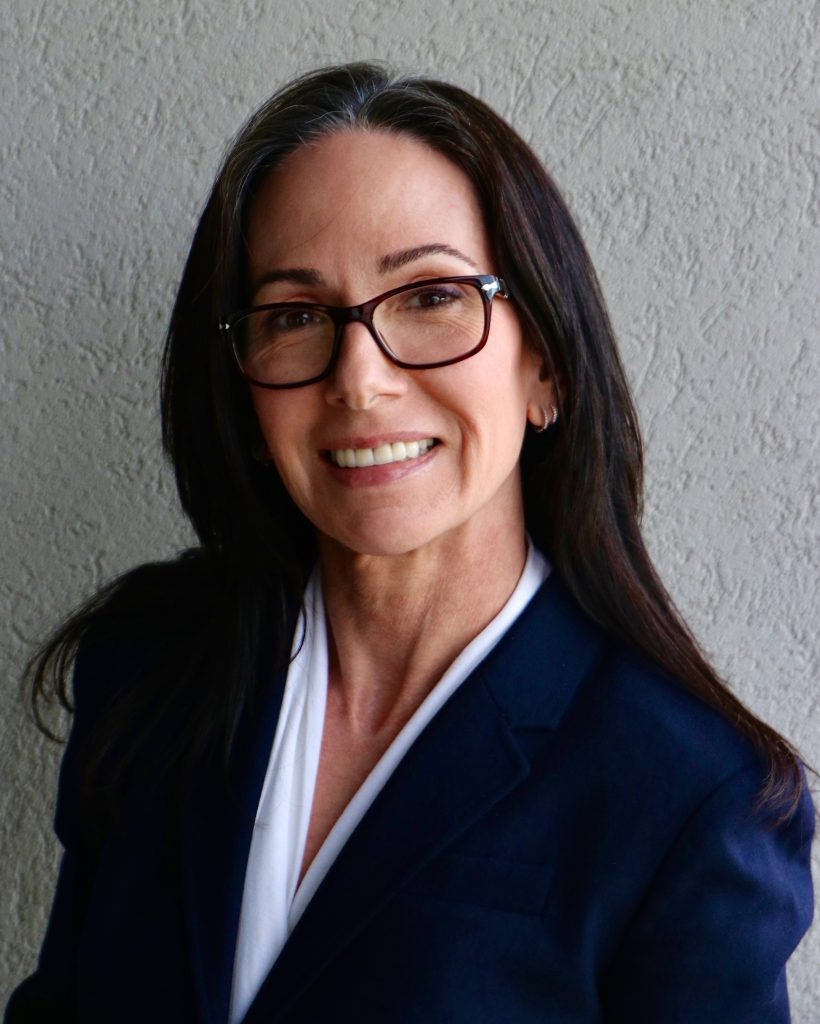
Jennifer Fogarty, Ph.D. is the Chief Scientific Officer for the Translational Research Institute for Space Health (TRISH) at Baylor College of Medicine and the Director of Applied Health and Performance at Sophic Synergistics LLC. With more than twenty years of experience in medical physiology and human health and performance in extreme environments, her mission is to increase access to high-quality healthcare in space and on Earth, by empowering astronauts, patients, and medical providers with evidenced-based precision medicine and technologies. As Chief Scientist of TRISH, Dr. Fogarty leads an innovative, high-risk research and development portfolio to address space exploration’s most challenging human health and performance risks. In her role at Sophic Synergistics, a women-owned and led human-centered design firm, Dr. Fogarty guides a division focused on developing and expanding medical technologies for use in remote medicine, telemedicine, and home healthcare. As a former NASA Human Research Program Chief Scientist, Jennifer prioritized communication and collaboration between industry, academia, government, commercial spaceflight programs, and international partners. She continues to value and seek partnerships to discover and assess fundamental and mechanistic discoveries that lead to innovative prevention and treatments to sustain health and performance. Dr. Fogarty received her Ph.D. in Medical Sciences from Texas A&M University College of Medicine. Other appointments include Assistant Professor in both Baylor College of Medicine’s Center for Space Medicine and Department of Medicine; Editor of the Fundamentals of Aerospace Medicine, 4th and 5th editions; and Associate Editor for the journal npj Microgravity. Nasa videos
